Cocos nucifera (Coconut Palm)
Botanical name: Cocos nucifera
Common names: Coconut Palm, Coco-do-baia
Family: Arecaceae / Palmae
Origin: Jamaica, Malaya, Pacific islands






The Coconut Palm, also known as Cocos nucifera, is native to Jamaica, Malaysia, and Pacific islands and is often used in seaside gardens. It is also a popular houseplant. This palm grows up to 10-20 ft high and thrives in full sun. It is important to water it regularly to keep the soil moist. This plant is flood and salt tolerant and grows best in USDA hardiness zones 10-11.
When it comes to plant care, the Coconut Palm is easy to maintain. It is a fast growing palm that is known for its ability to clean indoor air of smoke and harmful chemicals. Outdoor plants should be given plenty of light and watered regularly, with the soil kept moist and well-drained. If the palm gets too tall or wide, prune it back. For those living in cold regions, growing the plant in a pot can be a good option. Choose a pot that is large enough for the roots to spread and use a soil mix that holds moisture without becoming soggy. During the winter months, bring the pot indoors to protect the plant from frost.
The Coconut Palm is often referred to as the "symbol of the tropics" and is known for bearing coconuts 12 months a year. These coconuts can be used for fresh coconut milk and copra (dried coconut). There are many varieties of this palm such as: the Green Malayan, which has a thin trunk, and the Mayton, which has a thicker trunk and longer leaves and is more hardy.
The Coconut Palm is a highly valuable plant, with every part of the coconut being useful. The white nut-meat can be eaten raw or used in cooking, and copra, the dried meat of the kernels, can be crushed to produce coconut oil. The husks, known as coir, can be used to make thatch roofing material for houses. The plant can also be used to produce charcoal, and the outer part of the trunk can be used as construction lumber. The swollen base of the trunk can even be hollowed out and turned into a hula drum.
Similar plants: Cocos nucifera (Coconut Palm)
We do not ship coconut palms to CA, TX, AZ, LA!
Recommended Fertilizer: SUNSHINE Robusta - Rapid Growth Booster
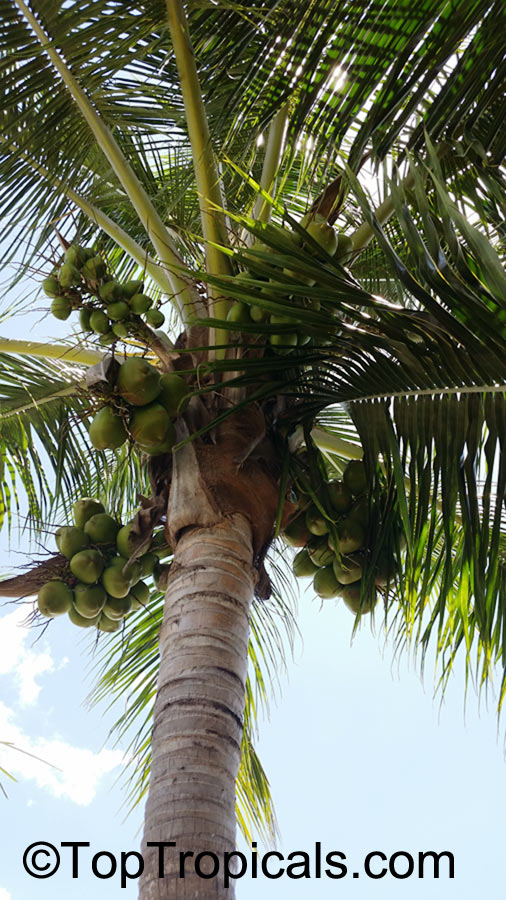
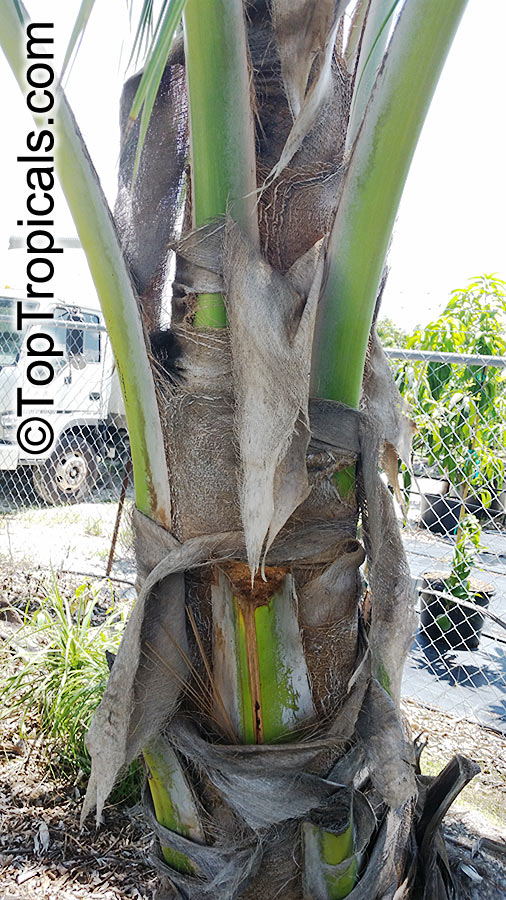
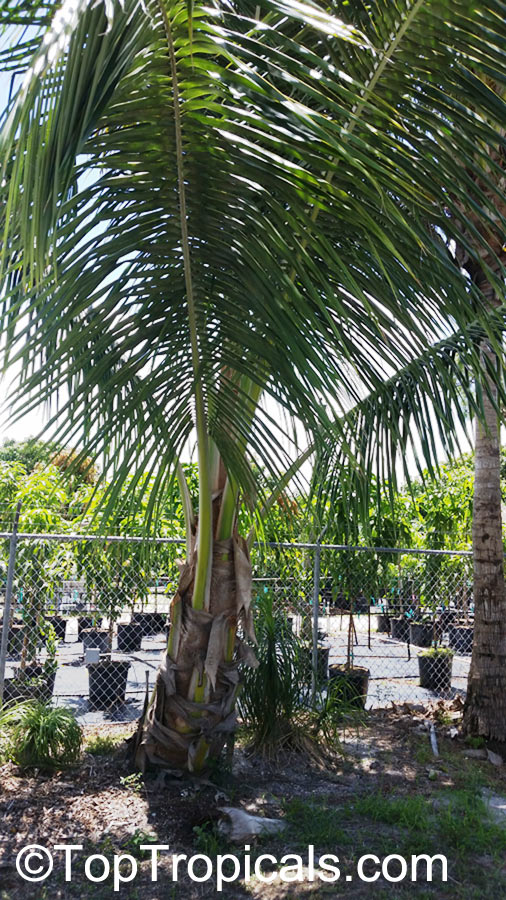
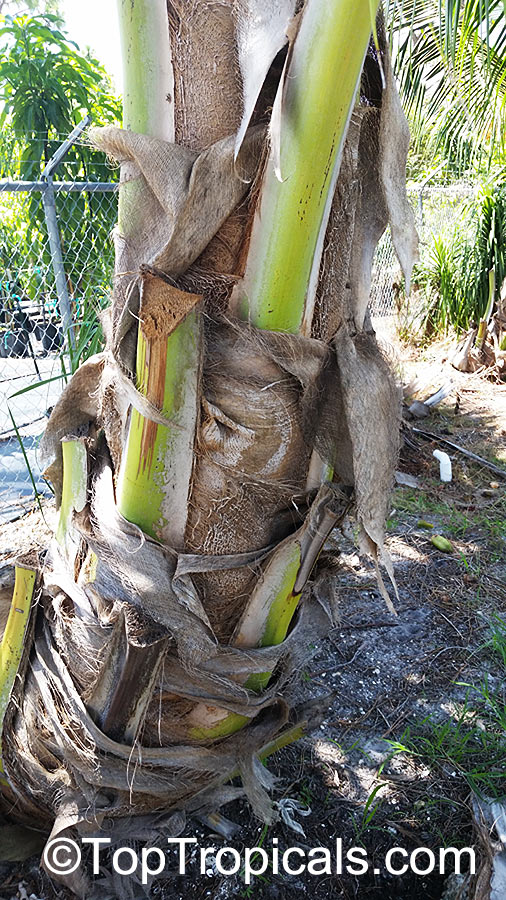
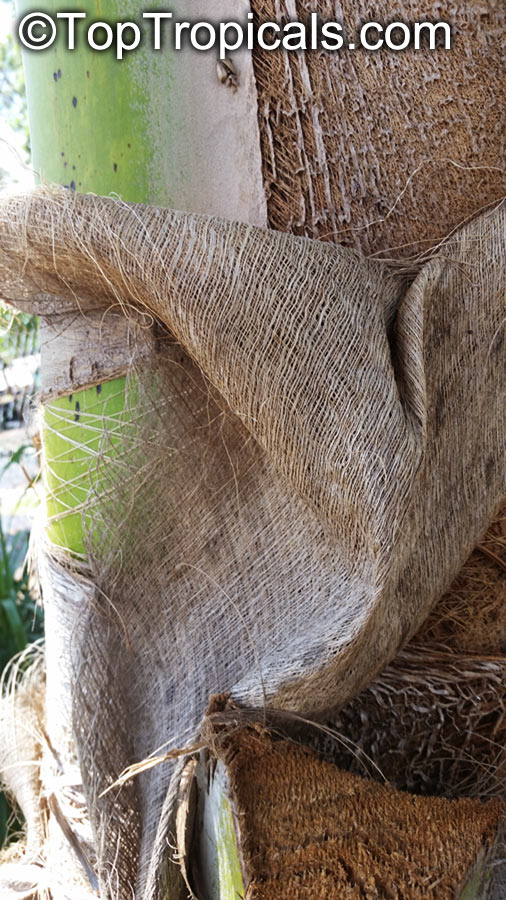
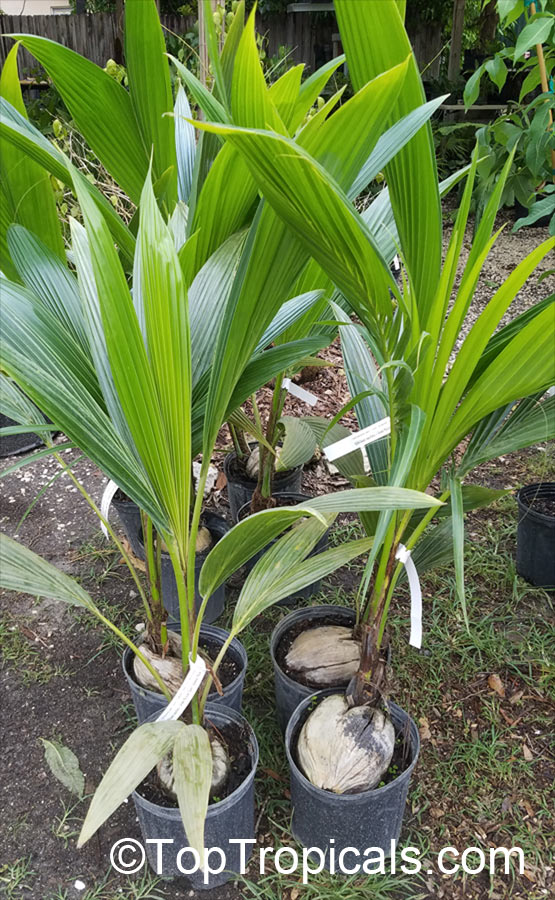
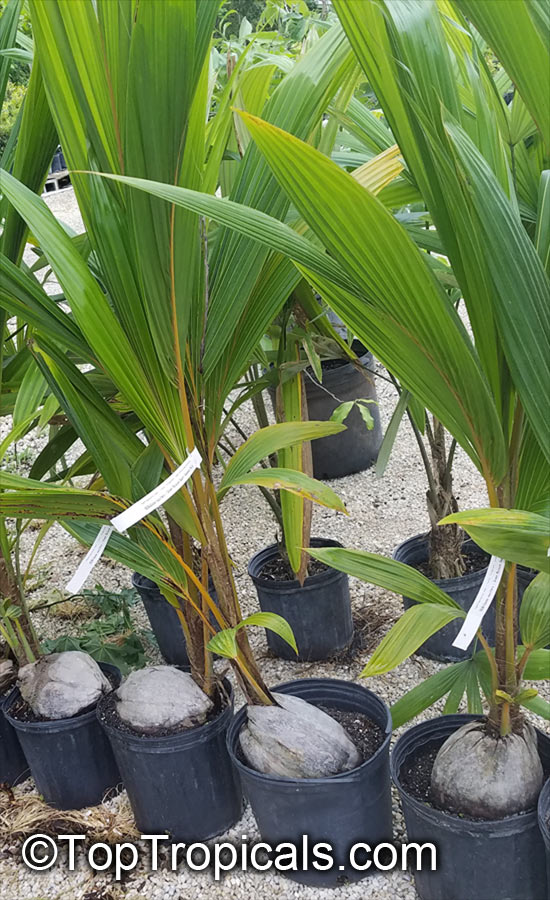
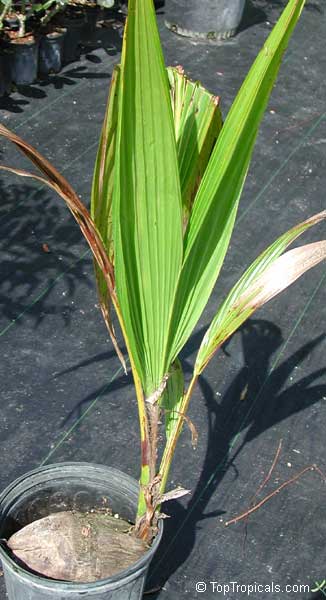
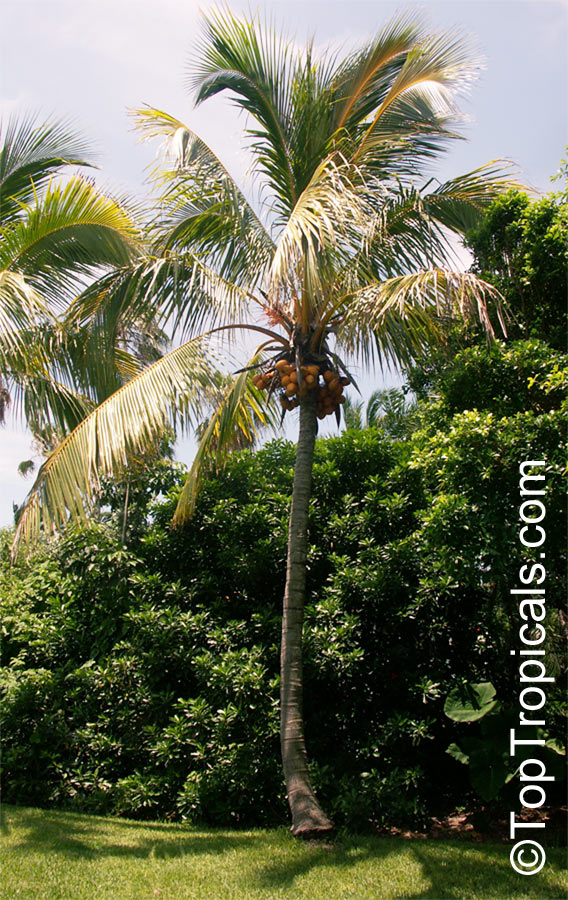
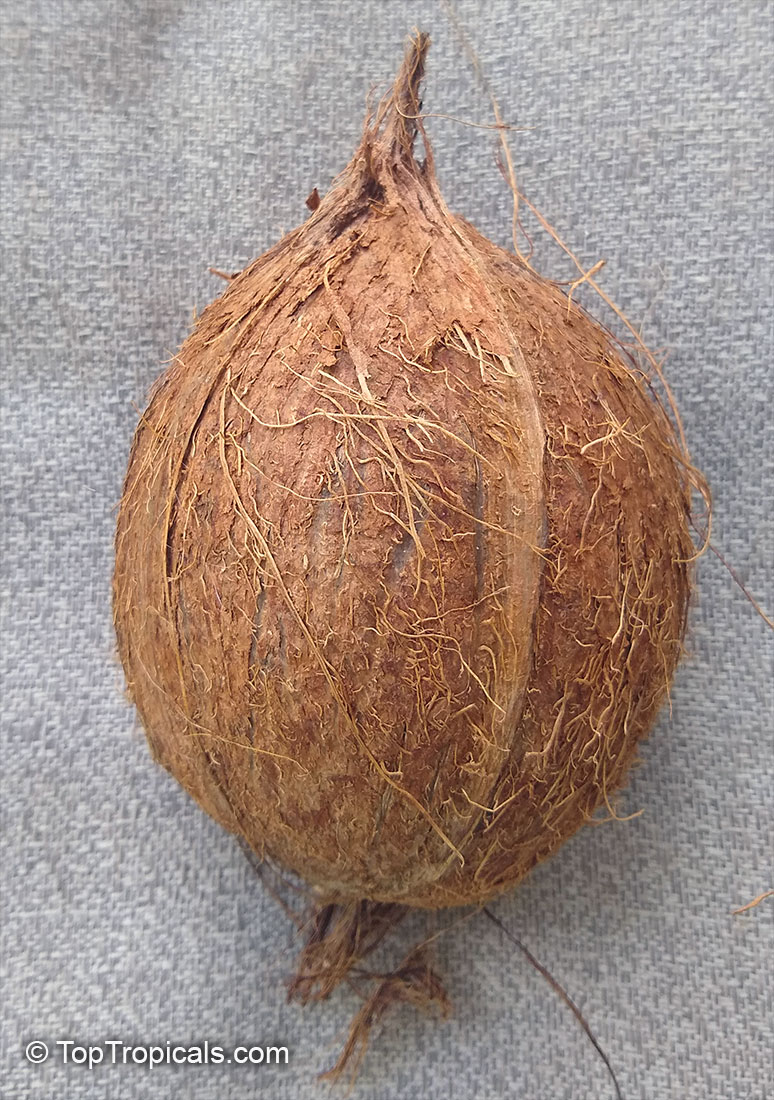
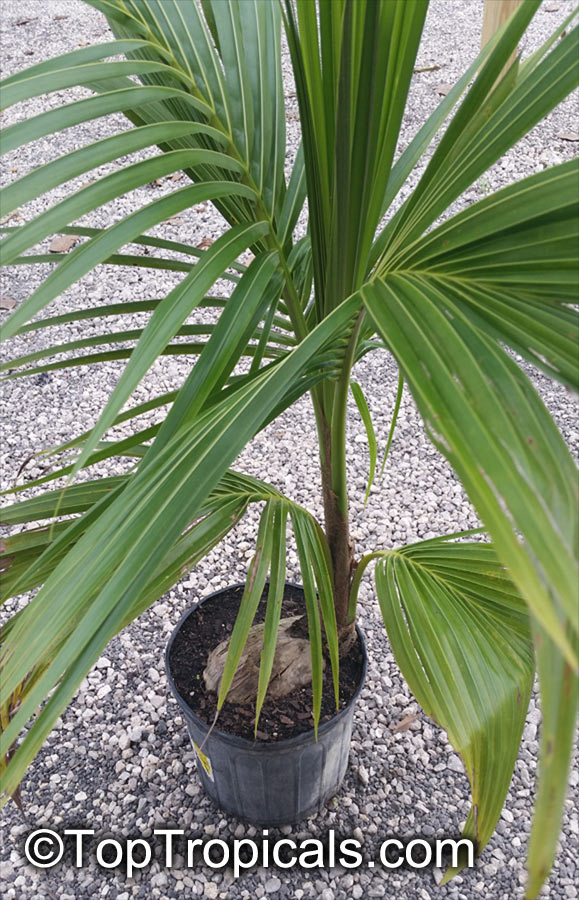
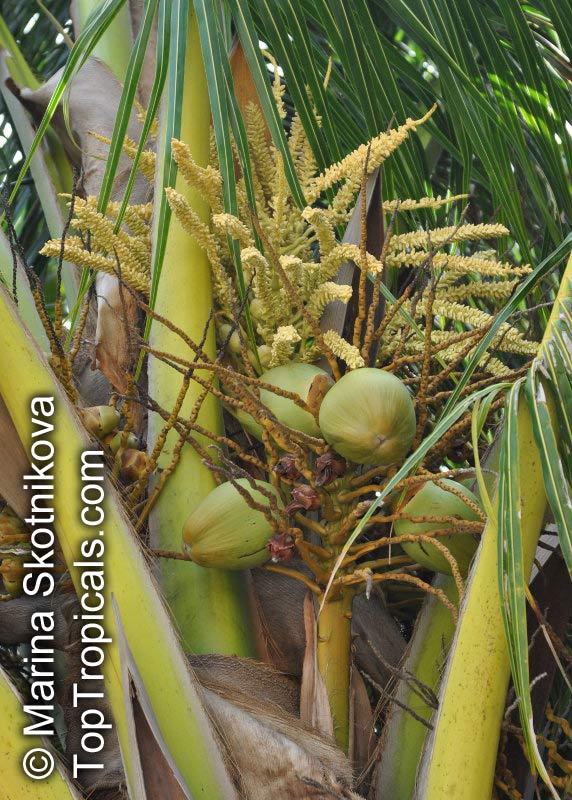
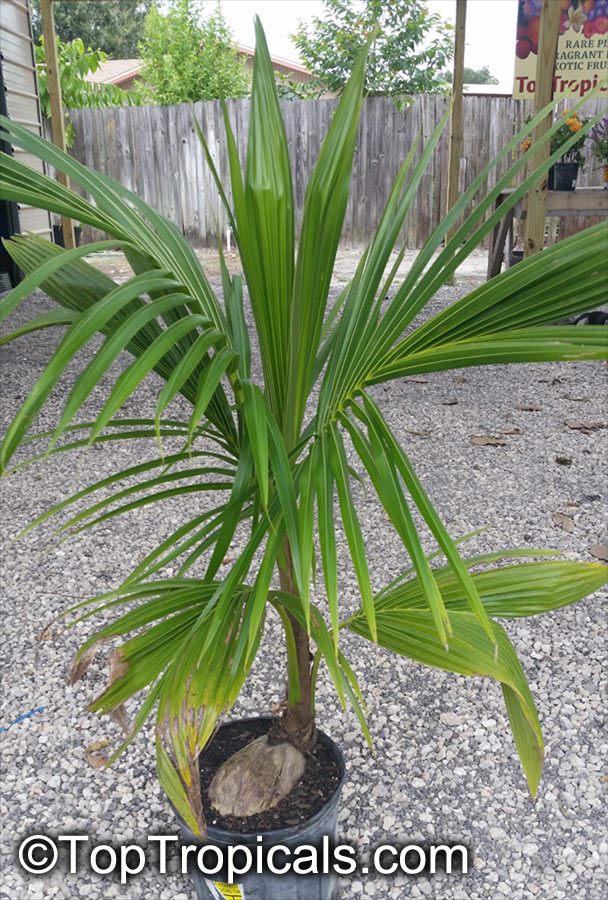
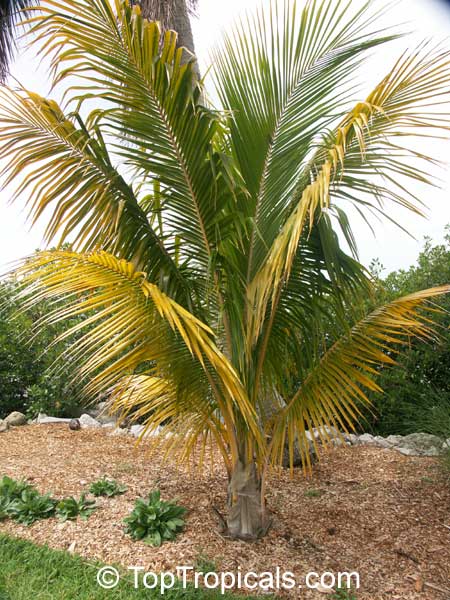



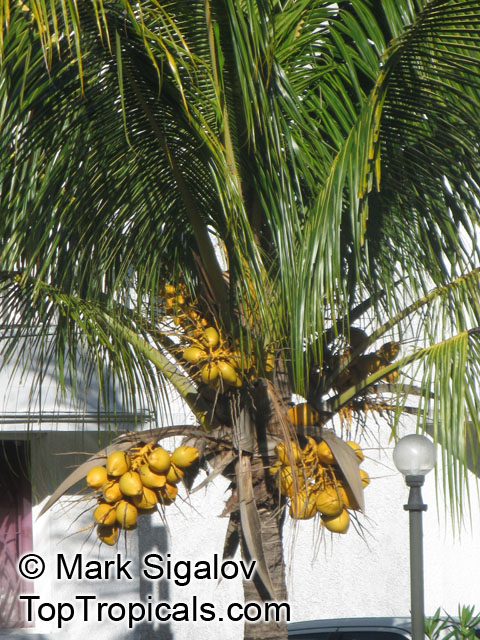
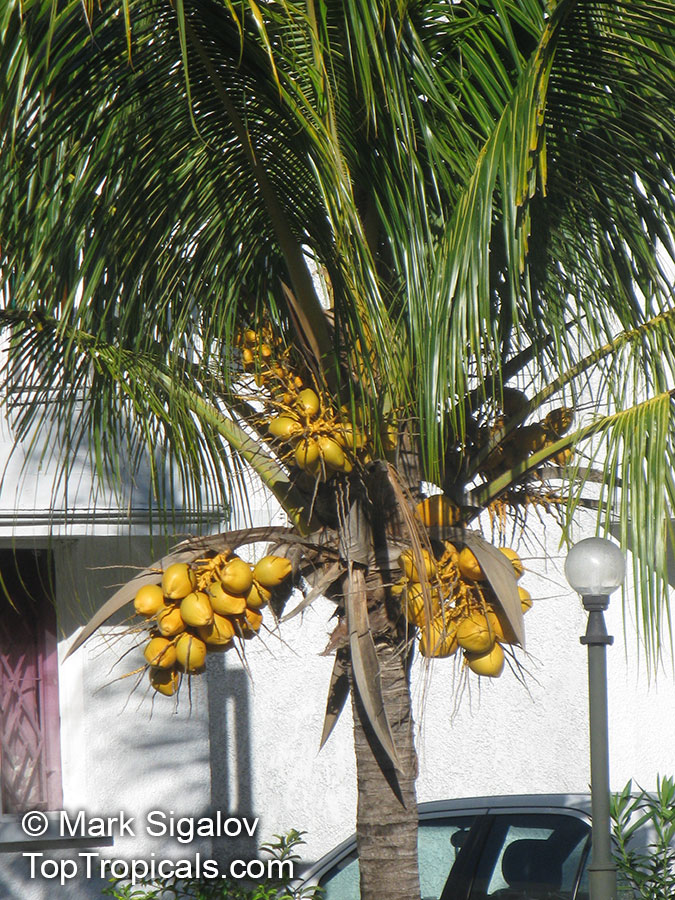
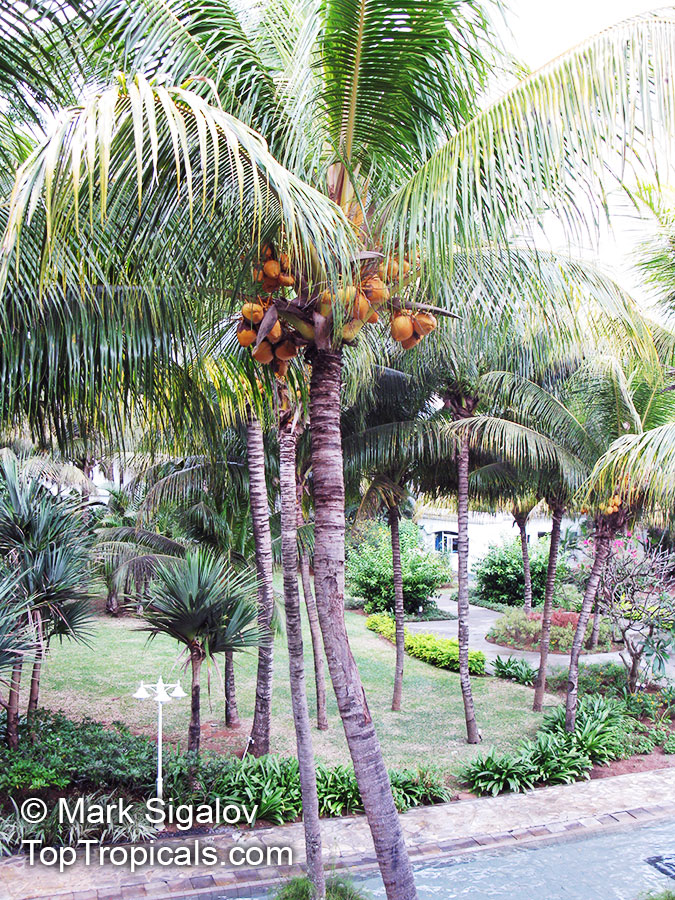
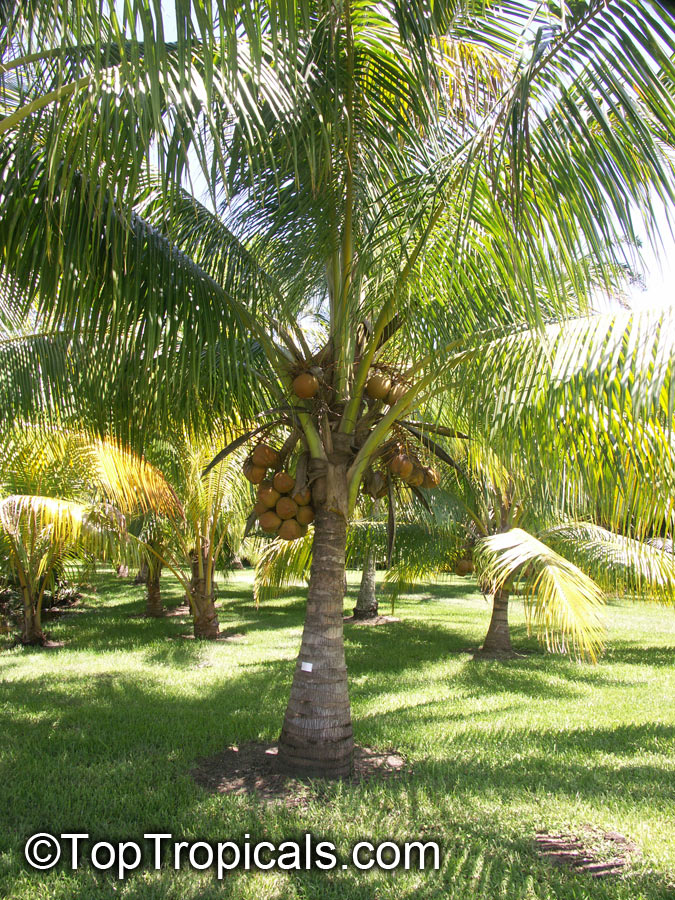
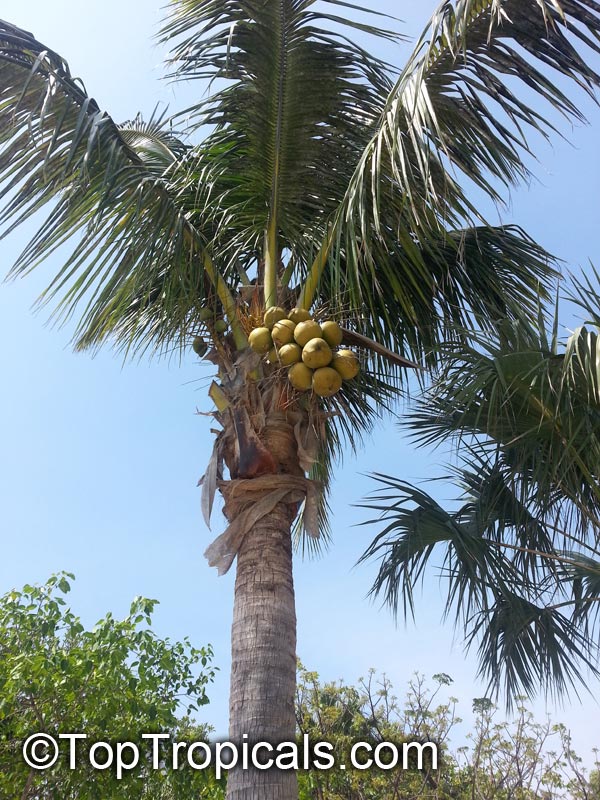
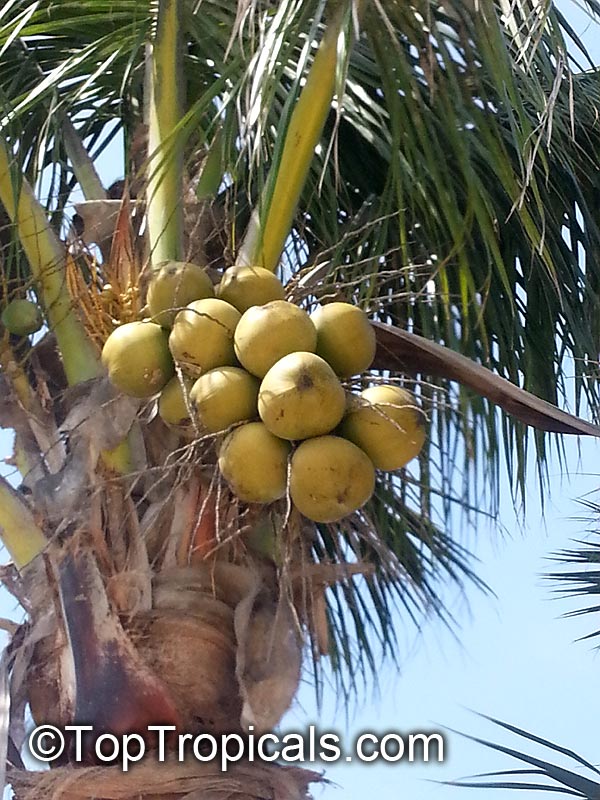

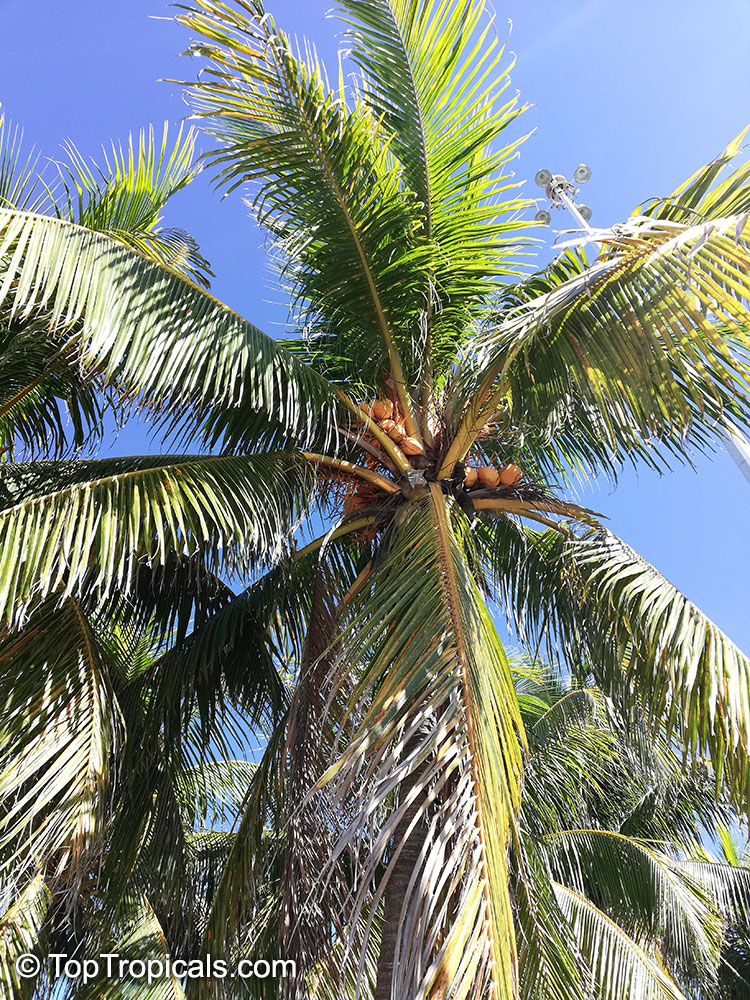
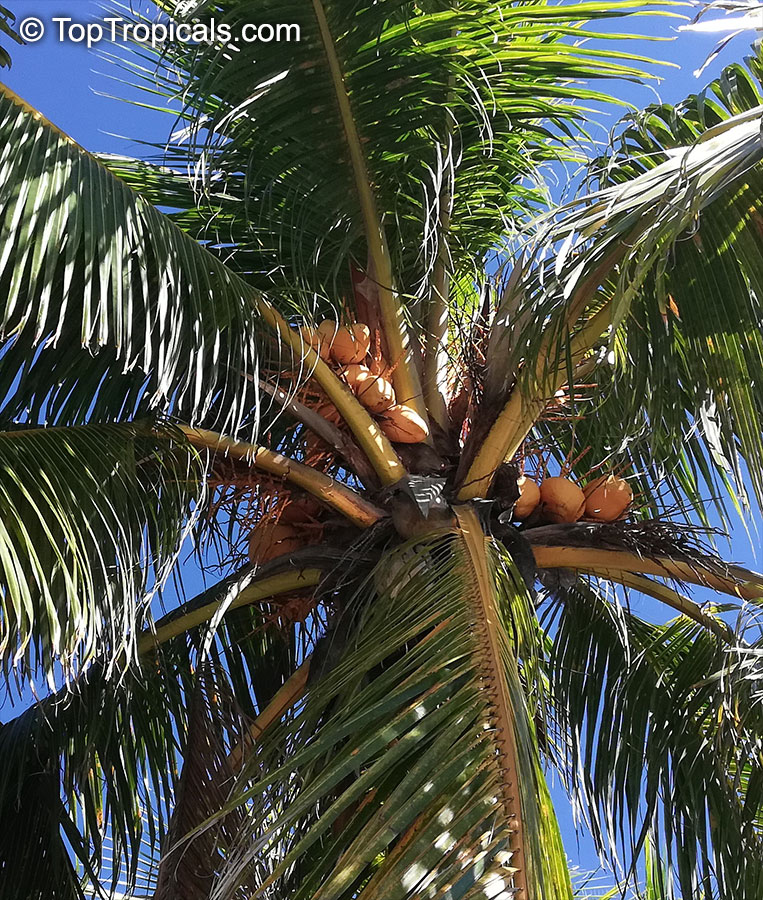
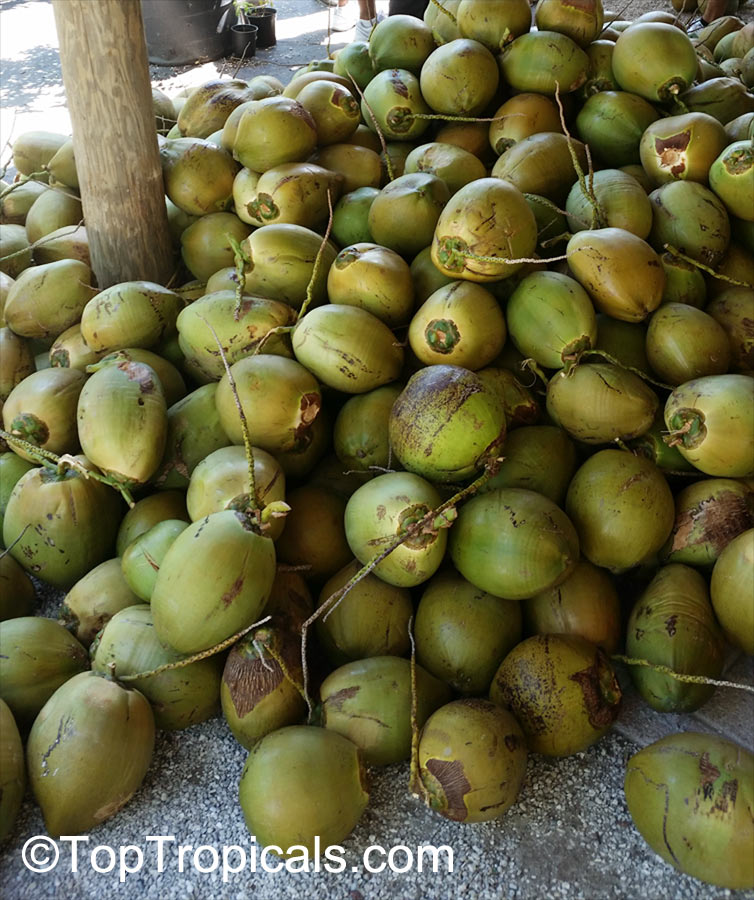
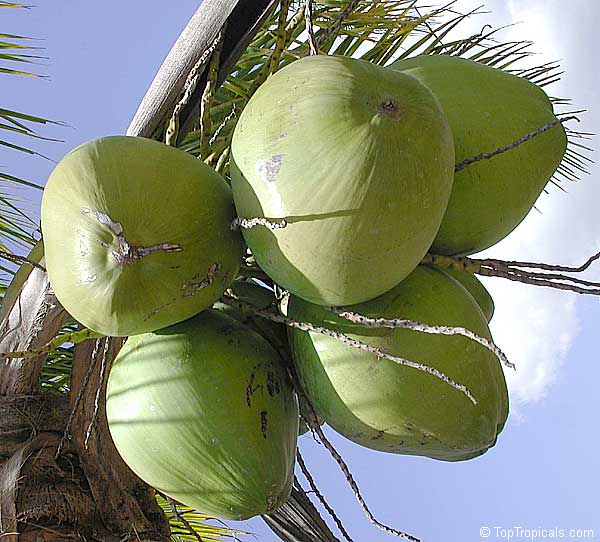

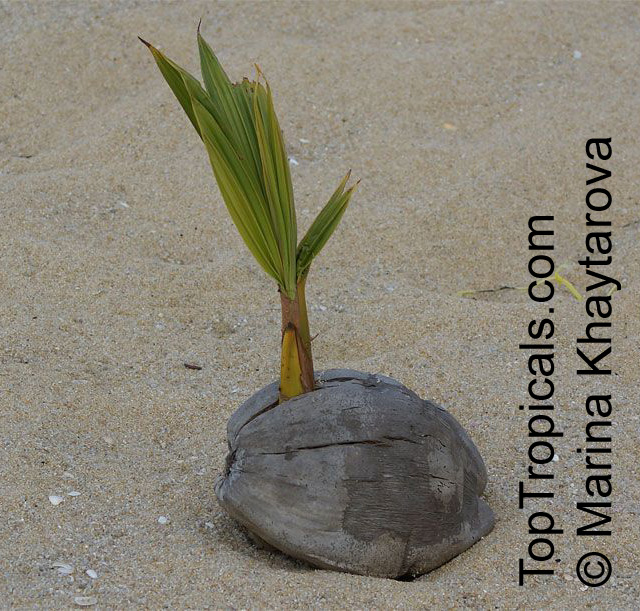

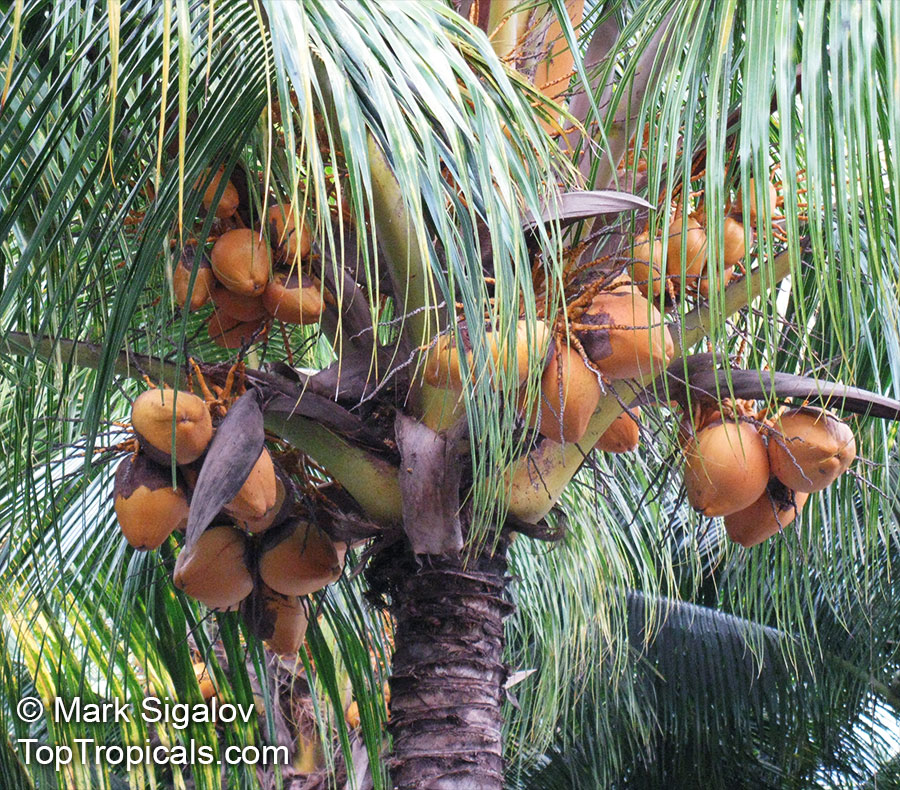
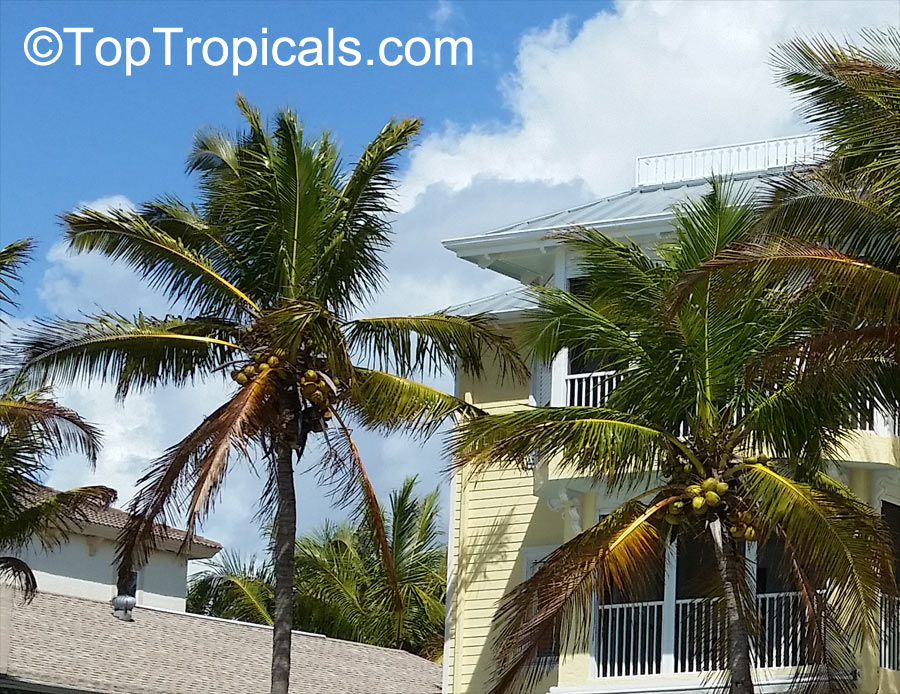
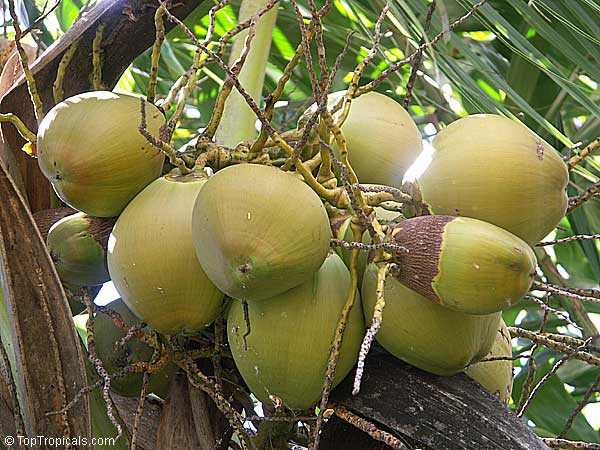


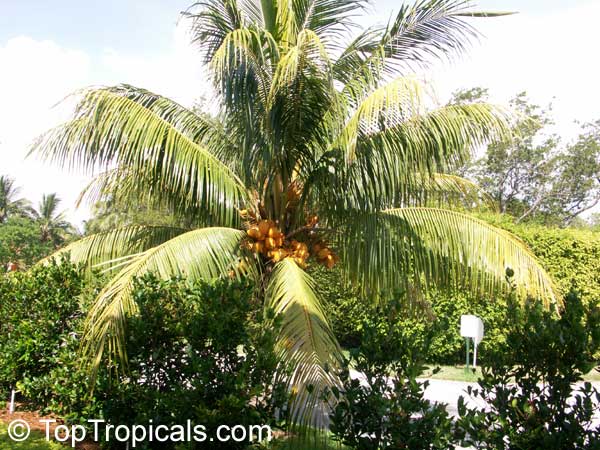
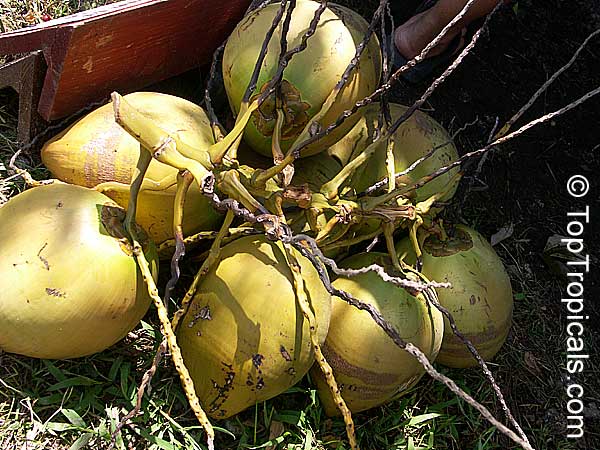

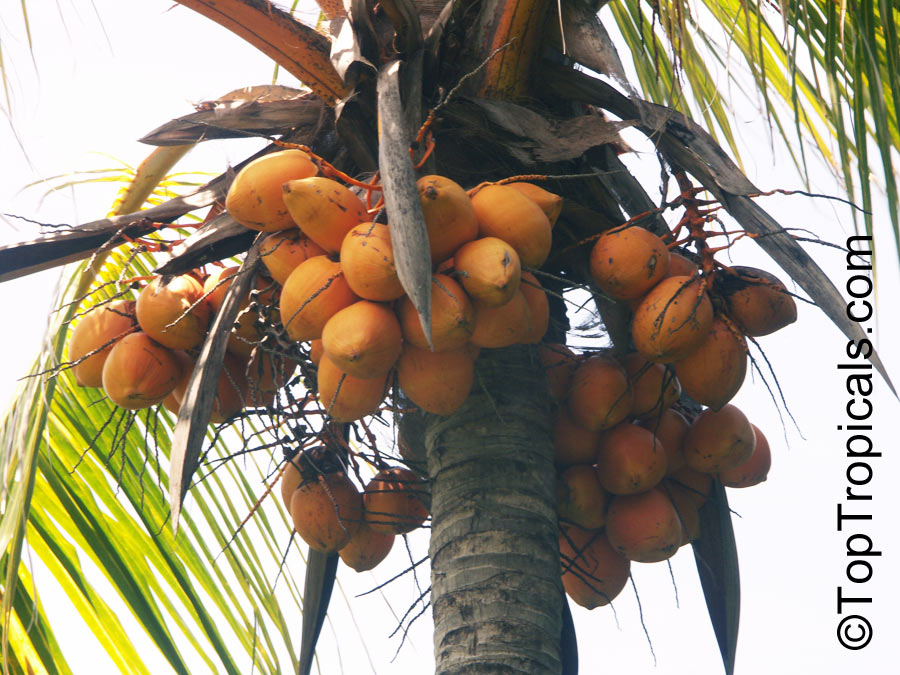

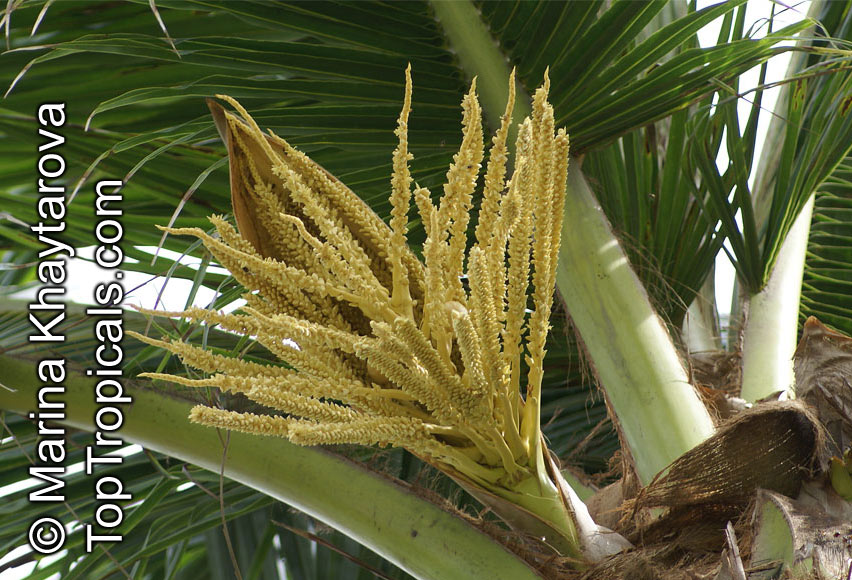

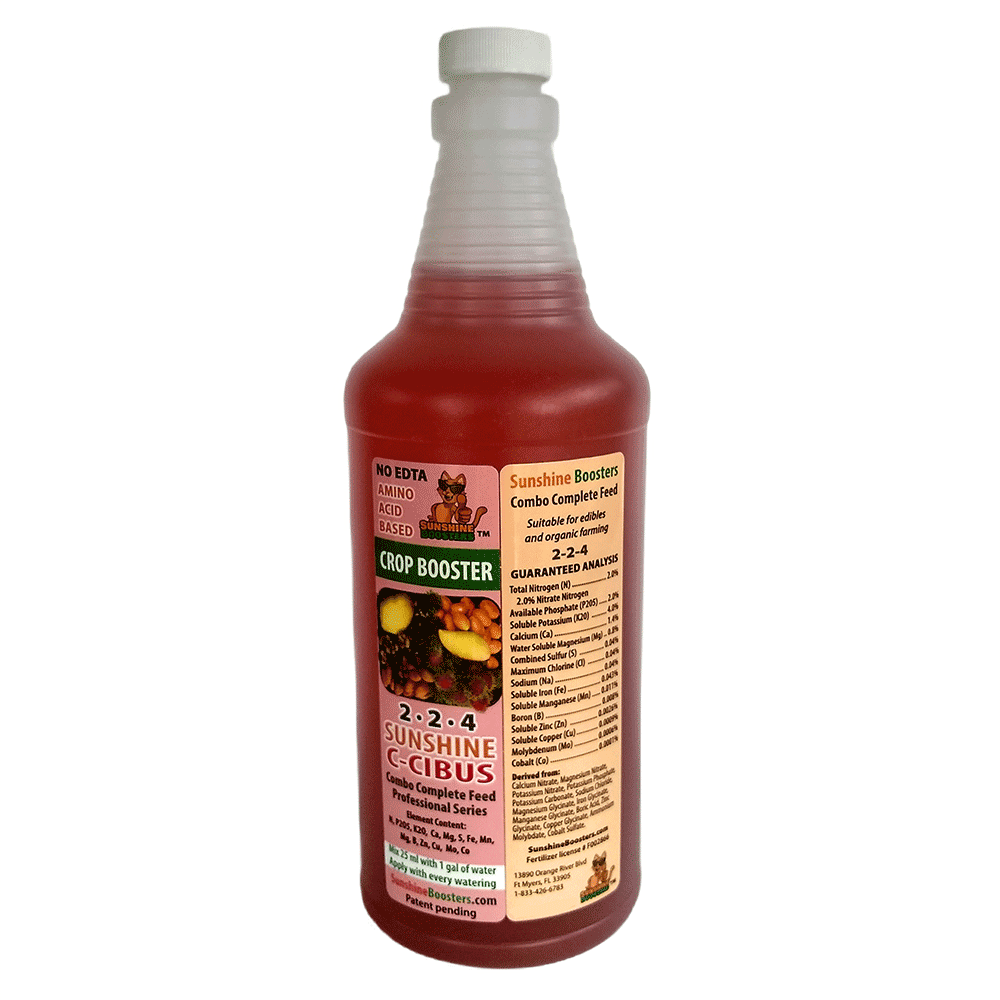 SUNSHINE C-Cibus (NPK 2-2-4) - Crop Booster for every watering.
SUNSHINE C-Cibus (NPK 2-2-4) - Crop Booster for every watering. 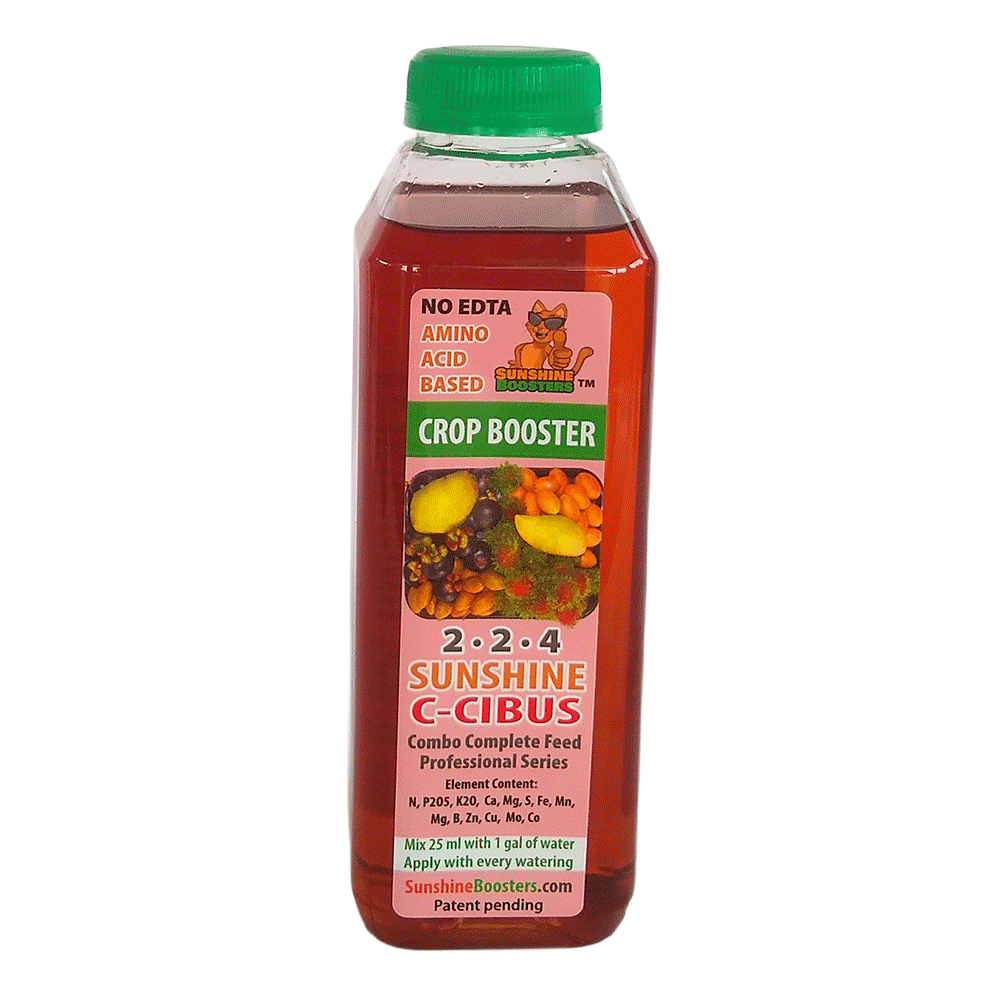 SUNSHINE C-Cibus (NPK 2-2-4) - Crop Booster for every watering.
SUNSHINE C-Cibus (NPK 2-2-4) - Crop Booster for every watering.